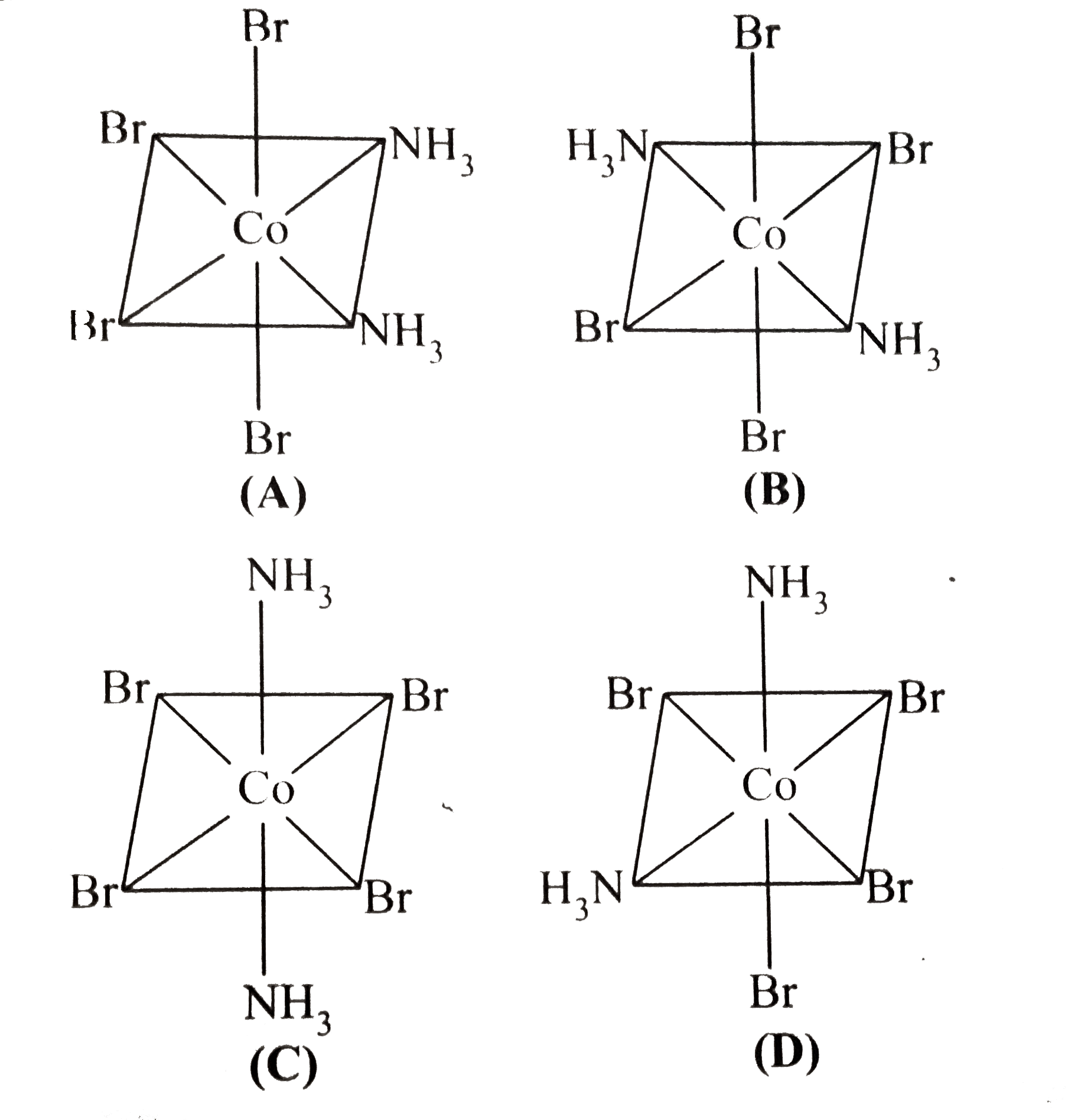Consider the following statements.
I. Li2CO3 decomposes easily on heating.
ll. BeCO3 is unstable to heat and decomposes to give Beo and CO2.
Ill. Stability of peroxide and superoxide of alkali metals decreases as we go down the group.
Choose the incorrect statement(s).
only Il & Ill
only I & Ill
only Ill
Only Il
To solve the question, we will evaluate each of the three statements provided regarding the decomposition and stability of certain compounds.
Step 1: Evaluate Statement I
Statement I: Li2CO3 decomposes easily on heating.
- Analysis: Lithium carbonate (Li2CO3) is known to decompose upon heating to form lithium oxide (Li2O) and carbon dioxide (CO2). This is due to the small size of the lithium ion, which gives it a high polarizing power, allowing it to distort the electron cloud of the carbonate ion. Therefore, this statement is correct.
Step 2: Evaluate Statement II
Statement II: BeCO3 is unstable to heat and decomposes to give BeO and CO2.
- Analysis: Beryllium carbonate (BeCO3) is indeed thermally unstable and decomposes upon heating to produce beryllium oxide (BeO) and carbon dioxide (CO2). The small size and high charge density of the beryllium ion contribute to this instability. Thus, this statement is also correct.
Step 3: Evaluate Statement III
Statement III: Stability of peroxide and superoxide of alkali metals decreases as we go down the group.
- Analysis: In alkali metals, the stability of peroxides and superoxides actually increases as we move down the group. This is because larger alkali metal ions can stabilize the larger peroxide (O₂²⁻) and superoxide (O₂⁻) ions better than smaller ions like lithium. For example, lithium primarily forms only the normal oxide (Li₂O), while sodium, potassium, rubidium, and cesium can form peroxides and superoxides. Therefore, this statement is incorrect.
Conclusion
After evaluating all three statements:
- Statement I: Correct
- Statement II: Correct
- Statement III: Incorrect
Thus, the incorrect statement is Statement III.
Final Answer
The answer is Statement III is incorrect.
---
Statement I: Li2CO3 decomposes easily on heating.
Statement II: BeCO3 is unstable to heat and decomposes to give BeO and CO2.
Statement III: Stability of peroxide and superoxide of alkali metals decreases as we go down the group.
After evaluating all three statements:
- Statement I: Correct
- Statement II: Correct
- Statement III: Incorrect
The answer is Statement III is incorrect.
Topper's Solved these Questions
Similar Questions
The stability of peroxide and superoxide of alkali metals increase as we go down to group. Explain giving reason.
View SolutionComplete and balance the following reactions
Li2CO3Heat−−→
View SolutionLi2CO3 decomposes on heating but the carbonates of other alkali metals do not decompose easily on heating. Why ?
View SolutionConsider the following statements and arrange in the order of true/false as given in the codes .
S1:Concentrated solution of an alkali metal in liquid ammonia is diamagnetic.
S2:Increasing stability of the peroxide and super oxide of alkaline earth metal down the group is due to the stabilisation of large anions by large cations through lattice energy effects.
S3:In the vapour phase BeCl2 tends to form a chloro-bridged dimer.
S4:Beryllium hydroxide reacts with acid and alkali both to form [Be(OH2)4]Cl2 and [Be(OH)4]2− respectively.
View SolutionWhich of the following can decompose on heating to give CO2 ?
View SolutionWhich alkali metal carbonate decomposes on heating to liberate CO2?
View SolutionNa2CO3 does not decompose on heating whereas CaCO3 decomposes . Why ?
View SolutionConsider to following isomers of [Co(NH3)2Br4]Θ and answer the questions

Select the correct statement .
View SolutionConsider to following isomers of [Co(NH3)2Br4]Θ and answer the questions

Select the correct statement .
View SolutionConsider to following isomers of [Co(NH3)2Br4]Θ and answer the questions

Select the correct statement .
View Solution
